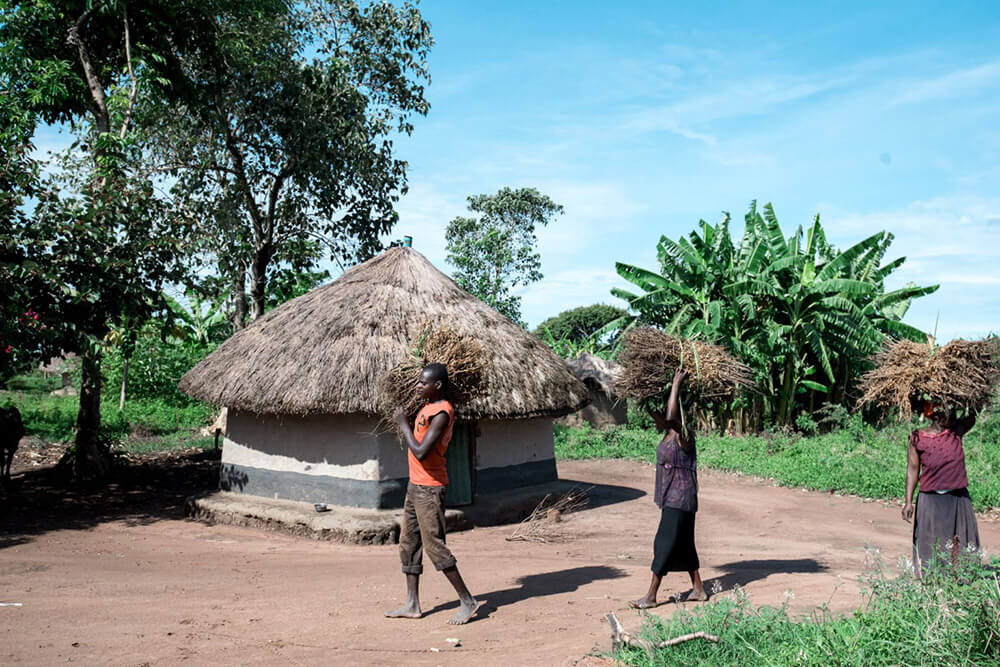What’s our Goal? Increased Income, Meaningful Jobs for Survivors.
In short, your tax-deductible donation to Viable creates increased income and job opportunities for people who have been through hell on earth…and survived. For many of these survivors working through the recovery process, their number one question is, “How will I support myself?” 100% of your donation to Viable answers this question – with a job.
Is My Donation Used for Handouts?
Never. To explain further, your donations fund the work required to identify, create and facilitate new opportunities for people in need who are willing and able to work. Through Viable, you only support opportunities for people who want to help themselves. Your donations never provide handouts. Additionally, your donations to Viable are not used to purchase land, buildings, vehicles, or heavy equipment. While we recognize these assets as essential expenses for relief charities providing emergency (hospitals) or chronic (orphanages) care, this is not the role Viable is called to fill. The bottom line is that your donations through Viable are invested in authentic opportunities for remarkable people who want to help themselves.
Rethink What is Possible
We told you in this piece that a $60 gift to Viable can change the course of one person’s future. For rural farmers in Uganda, still rebuilding and working through the effects of a rebel war and the brutal crimes committed against people of the region years ago, your $60 creates a legitimate opportunity a hard-working farmer can pursue to support her family. It’s an opportunity for the farmer to be a member of the regional and global market that’s feeding the world. She can be a greater contributor to her community and society as a whole, she becomes a producer, and her family is liberated from charity. The obvious question is, how does it work?
Caught Between Aid and Income
Viable puts your donations to work to bridge a critical divide, a gap in a survivor’s journey between recovery and financial self-reliance. We call it “the last mile of charity.” This part of the survivor’s journey is often a desert, a no-man’s-land. It is a place where benefits from aid and relief charities are declining while opportunities for meaningful employment are scarce. The problem occurs naturally as a result of well-meaning people doing good work in the roles they’ve been given: Traditional employers are wary of the risks and costs associated with employing under-skilled individuals. Traditional charities have little bandwidth or experience with which to develop business opportunities for their beneficiaries, the survivors. Universally, these two “worlds” have issues of distrust for each other due to misaligned mindsets, models and motives. We encounter this dynamic all over the world, in rural and urban settings alike. Simply put, “the last mile” for survivors is where traditional businesses and charities won’t go, at least not yet. Let’s walk through a simplified example.
An Example
Viable is called upon by a charitable organization that has done a saintly job of rescuing, healing, counseling, and building up hurting people. The remarkable survivors have reached the last mile of their journey under the care of the charity. Without a successful transition to financial self-reliance, survivors remain dependent on the charity, competing for resources that would otherwise be allocated to new survivors in need of care. At best, survivors naturally transition to other forms of public assistance, just another spin on the charitable merry-go-round for all involved.
Viable starts here, putting the generosity of its donors to work in this “last mile” space, using our unique gifts, understanding, and willingness to stand in the gap for the benefit of others. Business leaders with labor and supply needs are identified and cultivated. Survivor motives and skill sets are matched and developed. The vision and mindset of all involved are challenged to new heights.
Your donations pay vetted and qualified Viable personnel and associates who are responsible for ensuring employers and survivors participate in a mutually beneficial and ethical exchange of value. Said another way, your donations pay to employ vetted servant-leaders who facilitate authentic opportunity on behalf of many other people in need. The Viable leadership team oversees these individuals and provides ongoing counsel to the leaders of the employer businesses as well as the leaders of the “sending” charitable organization as they each work through new territory.
In one rural location where Viable is working, one paid Viable employee is literally creating thousands of paying jobs for local farmers. To be clear, no donations to Viable are paid directly to these thousands of farmers. Your donations pay the employee who connects farmers in need of increased income to companies in need of harvested grain. One employee paid for by you is creating thousands of futures. When we break it down (these direct costs divided by the number of farmers able to earn a better living from this connection), one $60 donation can change the future for a family of six. This is the power of business at work when an intermediary – an interpreter, a guide – stands in the gap between the two otherwise untrusting worlds of charity and business. You make this possible.
What about overhead and administrative costs?
Viable is fortunate to have specific donor gifts that pay these indirect costs. Because of this, your donation to Viable goes farther. If you give $500 to Viable, no administrative overhead deductions are made from your donation. $500 in direct service value goes to beneficiaries hungry for opportunity you help create. The same $500 donation to an alternative organization with a 25%* administrative overhead expense results in just $375 in net funding to beneficiary services.
*(25% is the median administration rate; it is sometimes as much as 45% for universities and 63% for research labs)
In an ideal world, all people who want to work would be able to find jobs to support their families, but we live in a broken world. The people we serve together have been victims of the evils of this broken world. Today, they are survivors. These remarkable survivors do not lack gifts and talents, aspirations or work ethic. They lack connections and meaningful opportunity. Many people who want a job can’t get one for founded and unfounded reasons alike. You can help Viable reduce the risk and cost associated with employing them or paying for their goods and services. Businesses can learn to be “trauma-informed,” but charities and survivors can also learn to be “market-informed.” Your donations through Viable stand in the gap as survivors walk the last mile of charity on the road to economic viability.
So, where does your donation go?
It is used to help vulnerable people become self-sufficient. It is used to create viable futures for survivors of atrocities. Join us.



